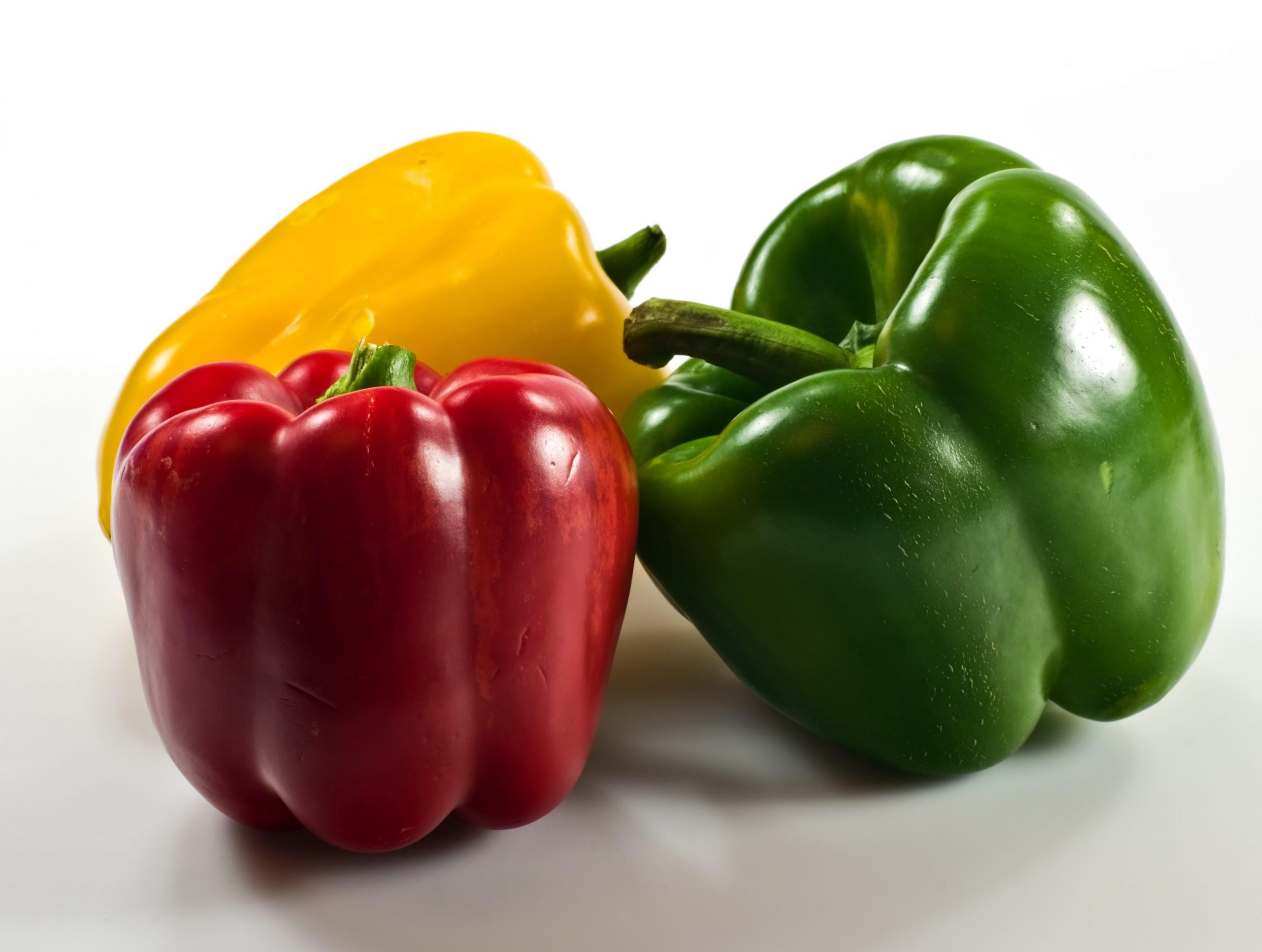Top-Rated Fertilizers for Peppers: Improve Your Harvest Quality
Top-Rated Fertilizers for Peppers: Improve Your Harvest Quality
Blog Article
Just How Plant Foods Play a Crucial Role in Cultivating Abundant and healthy Pepper Crops
Fertilizers offer as the foundation of successful pepper farming, using a strategic strategy to nurturing the soil and cultivating ideal plant growth. The detailed dance in between vital nutrients and the pepper plants' physiological procedures underscores the crucial function that fertilizers play in making sure a plentiful harvest.
Value of Nutrient-Rich Fertilizers
The usage of nutrient-rich plant foods plays a pivotal function in boosting the performance and quality of pepper crops in contemporary farming practices. Potassium, phosphorus, and nitrogen are primary nutrients that are important for the development and growth of pepper plants.
Insufficient levels of these nutrients can result in stunted growth, decreased yields, and vulnerability to diseases (best fertilizers for peppers). Nutrient-rich fertilizers offer a targeted solution to guarantee that pepper plants receive the necessary elements for optimum development and efficiency. Furthermore, these fertilizers help improve dirt fertility with time, developing a sustainable environment for long-term pepper farming
Enhancing Plant Development and Advancement
To enhance plant growth and growth in pepper plants, tactical application of nutrient-rich fertilizers is essential. Plant foods play a critical duty in improving the overall wellness and efficiency of pepper plants by offering them with essential nutrients that might be doing not have in the soil. Nitrogen, potassium, and phosphorus are primary macronutrients called for in large amounts by peppers for robust development. Nitrogen aids in leafed eco-friendly growth and general plant vigor, phosphorus sustains root growth and flower development, while potassium contributes to condition resistance and fruit high quality.
In addition to these macronutrients, trace elements such as iron, magnesium, and zinc are additionally vital for the appropriate performance of various plant processes. Iron, as an example, is necessary for chlorophyll production, which is crucial for photosynthesis and overall plant growth. Zinc plays a critical role in enzyme activity and hormonal agent synthesis, influencing plant growth and development at a cellular degree. Magnesium is important for the development of chlorophyll and overall energy transfer within the plant.

Boosting Illness Resistance With Plant Foods
By strategically incorporating targeted plant foods, farmers can strengthen the condition resistance of pepper crops, guaranteeing optimal plant health and performance. Plant foods consisting of necessary nutrients like potassium, phosphorus, and nitrogen play a critical duty in enhancing pepper plants' immune systems, making them more resistant to different diseases.

Making The Most Of Pepper Return With Fertilization
Making use of a balanced fertilizing technique is key to attaining optimum pepper yield and making sure optimal plant productivity. By giving peppers with the best nutrients at the right time, farmers can dramatically enhance their return potential. Nitrogen, potassium, and phosphorus are crucial elements for pepper development, with nitrogen aiding in leaf and stem growth, phosphorus supporting origin development and flower formation, and potassium advertising general plant health and wellness.
To make the most of pepper yield, it is vital to carry out dirt tests to figure out existing nutrient levels and determine any kind of deficiencies that need to be attended to. Based upon these results, farmers can establish a customized fertilizing strategy that meets the certain demands of their pepper plants. Additionally, appropriate fertilization strategies such as split applications throughout the expanding period can ensure constant nutrition accessibility for the plants.

Lasting Plant Food Practices for Peppers
In considering sustainable fertilizer methods for peppers, it is critical to concentrate on long-term soil health and environmental stewardship together with optimizing plant performance. Lasting plant food techniques intend to improve or keep dirt fertility while decreasing adverse environmental impacts. One key approach is the use of natural plant foods such as garden compost, manure, or cover plants, which not just supply crucial nutrients to the peppers yet additionally add to dirt structure and microbial activity. These organic alternatives aid construct raw material in the soil, enhancing its ability to retain water and nutrients, therefore sustaining lasting crop health and wellness and durability.
In addition, accuracy farming strategies, such as soil testing and targeted nutrient applications, can aid click over here now optimize plant food usage, making sure that peppers get the nutrients they require without excess overflow into rivers. This not only profits the atmosphere by minimizing pollution but additionally saves prices for farmers by decreasing waste. By embracing sustainable fertilizer practices, pepper farmers can guard the health and wellness of their plants, soil, and bordering environments for future generations.
Conclusion
In final thought, fertilizers are necessary for cultivating healthy and balanced and bountiful pepper plants. best fertilizers for peppers. They offer essential nutrients for plant growth and advancement, increase disease click to find out more resistance, and optimize return. By executing lasting plant food practices, farmers can guarantee the lasting wellness of their pepper crops and add to a much more environmentally-friendly and efficient agricultural system
The elaborate dancing in between essential nutrients and the pepper plants' physiological processes highlights the crucial duty that fertilizers play in guaranteeing an abundant harvest.To maximize plant development and growth in pepper plants, strategic application of nutrient-rich fertilizers is important. Fertilizers play a critical duty you can try these out in boosting the overall health and productivity of pepper plants by offering them with vital nutrients that may be lacking in the soil.By tactically integrating targeted fertilizers, farmers can reinforce the disease resistance of pepper crops, ensuring optimal plant health and productivity. Plant foods having crucial nutrients like phosphorus, potassium, and nitrogen play a vital function in enhancing pepper plants' immune systems, making them much more resilient to numerous conditions.
Report this page